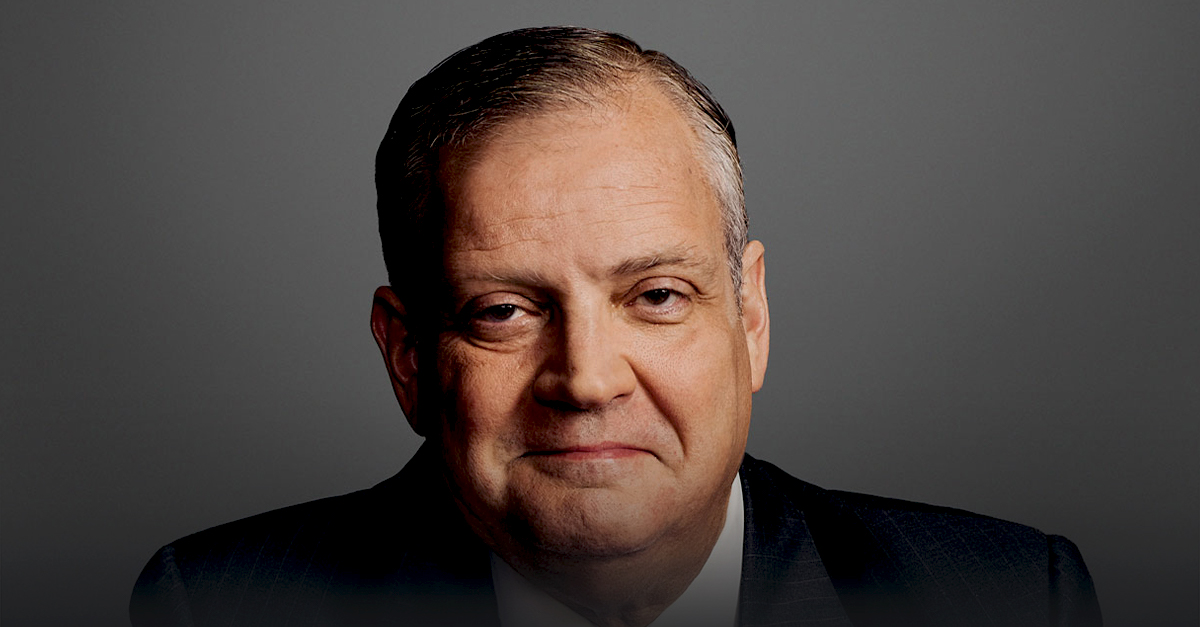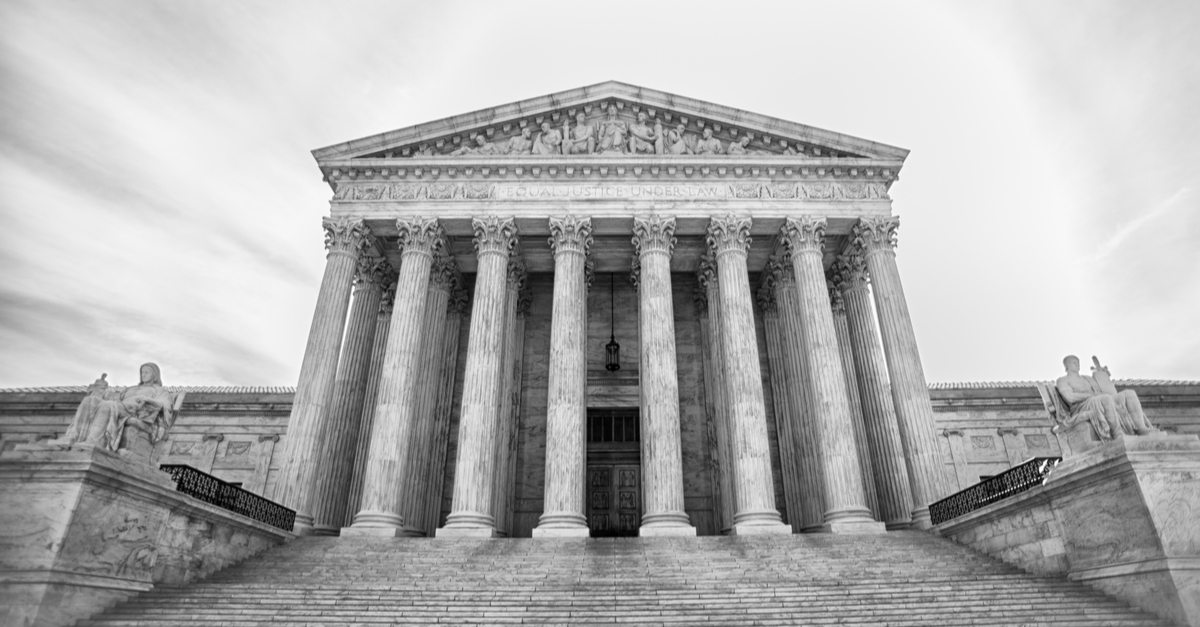


Get a free copy of Parental Rights & Education when you subscribe to our newsletter!

The Southern Baptist Convention (SBC) has finally taken a hard stance on Critical Race Theory (CRT), claiming that the controversial school of thought is “incompatible with the Baptist Faith and Message.”
At its annual session, the Council, which is made up of the presidents of six SBC seminaries, passed a resolution celebrating the 20th anniversary of the revision of the Baptist Faith and Message but also made it a point to denounce CRT.
“In light of current conversations in the Southern Baptist Convention, we stand together on historic Southern Baptist condemnations of racism in any form and we also declare that affirmation of Critical Race Theory, Intersectionality, and any version of Critical Theory is incompatible with the Baptist Faith & Message.”
Albert Mohler, president of Southern Baptist Theological Seminary, said that CRT has no place in the Southern Baptist Convention:
“The issues of Critical Race Theory and Intersectionality have arisen within the last two years as issues of controversy in the larger world, and this controversy has reached into the Southern Baptist Convention … We stand together in stating that we believe that advocating Critical Race Theory or Intersectionality is incompatible with the Baptist Faith & Message, and that such advocacy has no rightful place within an SBC seminary. I think it speaks loudly to Southern Baptists that we take this stand together.”
Jason K. Allen of Midwestern Baptist Theological Seminary stated,
“Confusion abounds on Critical Race Theory, but one thing is clear: The closer you look into the history, advocates, and aims of Critical Race Theory, the more troubling it becomes … Unfortunately, the problem of racism still exists, but Critical Race Theory is not a biblical solution. We must be a people who stubbornly fight against both racism and Critical Race Theory, while fighting for racial reconciliation and the truth of Scripture.”
CRT is a framework that sees white supremacy and systemic racism as ingrained in the fabric of the United States. It claims that America promotes “whiteness” and discriminates against all other cultural perspectives. According to CRT, racism is not confined to overtly racist actions or attitudes but also resides in the subconscious of all white Americans. It promotes the Neo-Marxist concept of the oppressor and oppressed classes, with white people as the oppressor class and black people and other minorities as the oppressed class.
CRT has been widely adopted in recent years and caused controversy in the SBC in 2019 when a resolution was adopted, labeling CRT a useful “analytical tool.”
The 2019 Resolutions Committee of the SBC drafted a statement regarding the controversy that showed its support for the Council’s new stance on CRT. However, their attempt to clear up controversy led to another minor controversy. In the Committee’s statement, they said, “Recently, we have been encouraged by and agree with statements from Dr. Tony Evans on CRT. In a sermon in which he deals with CRT, Dr. Evans makes a clear affirmation for the sufficiency and authority of Scripture over all ideologies.”
Evans, senior pastor of Oak Cliff Bible Fellowship in Dallas, said that the Committee used his name without his awareness or permission and took his statements out of context. He continued,
“I have a great deal of respect for the SBC and the work that they do around the nation and the world, and this misunderstanding does not diminish that in any way. As I stated in my sermon, which I encourage everyone reading this to watch, I again affirm that the Bible must be the basis for analyzing any and all social, racial, or political theories in order to identify what is legitimate or what is not legitimate. But I did not say, nor imply, that CRT or other ideologies lack beneficial aspects — rather that the Bible sits as the basis for determining that. I have long taught that racism, and its ongoing repercussions, are real and should be addressed intentionally, appropriately, and based on the authority of God’s inerrant word.”
The Council’s statements drew a wide array of reactions from across the theological spectrum. Dr. Owen Strachan, director of the Center for Public Theology and professor at Midwestern Baptist Theological Seminary, has warned of the dangers of CRT. In an interview with Tony Perkins on CRT, he said,
“I am very glad to see the six presidents basically saying Critical Race Theory, Intersectionality, and wokeness are absolutely incompatible with the Baptist Faith and Message, and I think we can assume the Bible beyond that, the Christian worldview. I think they are absolutely right and I pray that this statement is used to stop the advance of CRT in the SBC and even push it back in our time.”
Meanwhile, Jemar Tisby, president of The Witness, a black Christian collective that has advocated for CRT as a means to achieve racial justice and reconciliation, wrote that the Council’s statement showed their commitment to “whiteness.” He stated that the Council “ostensibly met to recommit to their guiding statement: the Baptist Faith and Message. In reality, these seminary presidents reaffirmed and gave themselves over to another historic Southern Baptist commitment: whiteness.”
Tisby went on to criticize the Council’s lack of action on racial issues and defended CRT. Tisby stated that the real threat to the Church is “Christian nationalism,” claiming that America is “not so exceptional” and lobbed charges of racism at evangelicals who support the Republican party.
This author would like to add that if America were not exceptional and were indeed irredeemably and systemically racist, Tisby would not be able to have achieved such success nor be allowed to make such claims without consequence.
If you like this article and other content that helps you apply a biblical worldview to today’s politics and culture, consider making a donation here.



Notifications